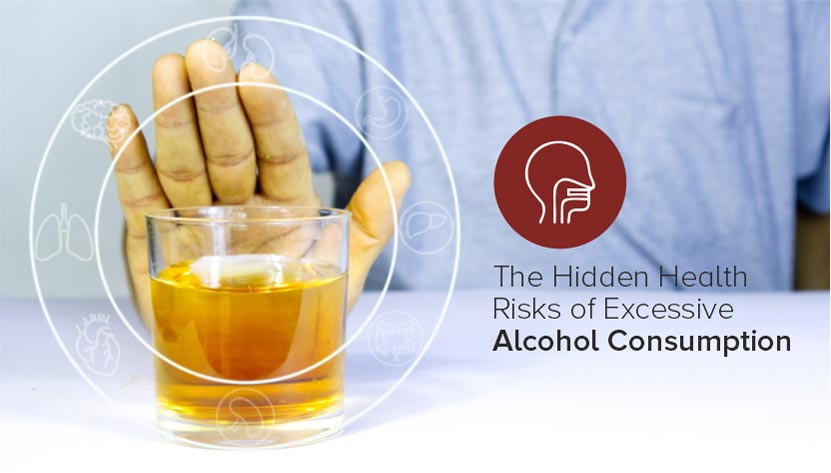Alcohol is a common feature in social gatherings, celebrations, and personal unwinding rituals, but when consumed excessively, it can quietly wreak havoc on your health. While moderate drinking may present minimal risks for some people, excessive alcohol consumption is a widespread issue with serious implications for both physical and mental health.
